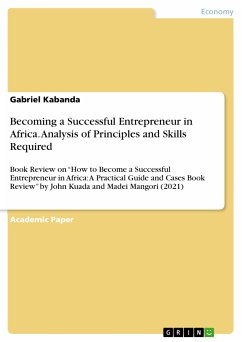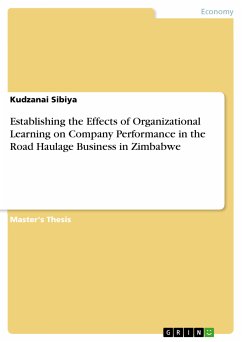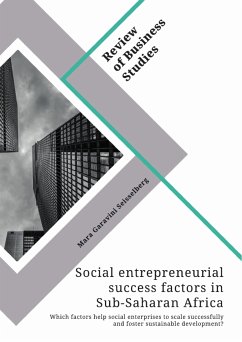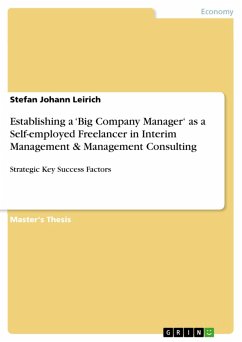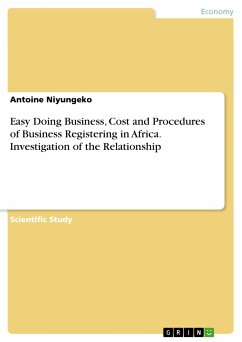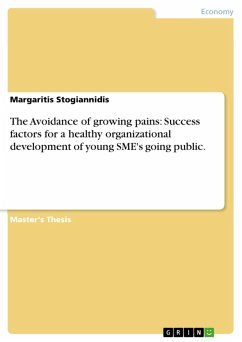Academic Paper from the year 2021 in the subject Business economics - Business Management, Corporate Governance, grade: 4, , language: English, abstract: The book under review titled "How to become a successful entrepreneur in Africa: A Practical Guide and Cases Book Review" was authored by Emeritus Professor John Kuada and Professor Madei Mangori (2021). The book covers the principles in Part One, about 15 case studies from Botswana, Ghana, South Africa and Zimbabwe, and the selected profiles of the business entrepreneurs are shown in Part Three. Part Two of the book is centred on the profiles of successful African entrepreneurs and stories of various business people. The book is quite rich in principles and integration of competence skills required in establishing and growing a business. The authors suggested a winning strategy. An alternative approach to the research methodology includes the integral research architecture comprising empirical phenomenology, storytelling, grounded theory, and case study. A Social business dimension is proposed to lift up the level of development in the disadvantaged communities, so that the success of the entrepreneurs will also lift up the standard of living of the neighboring communities.
Dieser Download kann aus rechtlichen Gründen nur mit Rechnungsadresse in A, B, BG, CY, CZ, D, DK, EW, E, FIN, F, GR, HR, H, IRL, I, LT, L, LR, M, NL, PL, P, R, S, SLO, SK ausgeliefert werden.

